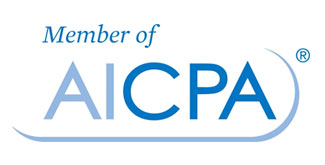There are various methods on how to calculate taxable income for businesses. The two most common methods are called cash basis and accrual basis.
The difference between cash and accrual accounting lies in the timing of when sales and purchases are recorded in your accounts. Cash accounting recognizes revenue and expenses only when money changes hands, but accrual accounting recognizes revenue when it’s earned, and expenses when they’re billed (but not paid).
It is important to understand these methods as it can be a tool to defer tax in the short term.
Under the old law, a corporation, or a partnership with a corporate partner, may generally only use the cash method of accounting if the corporation or partnership met a gross receipts test—i.e., the average annual gross receipts the entity for the three-tax-year period ending with the earlier tax year does not exceed $5 million.
For tax years beginning after December. 31, 2017, the cash method may be used by taxpayers (other than tax shelters) that satisfy a $25 million gross receipts test, regardless of whether the purchase, production, or sale of merchandise is an income-producing factor. Under the gross receipts test, taxpayers with annual average gross receipts that do not exceed $25 million for the three prior tax years are allowed to use the cash method.
The exceptions from the required use of the accrual method for qualified personal service corporations and taxpayers other than C corporations are retained. Accordingly, qualified personal service corporations, partnerships without C corporation partners, S corporations, and other pass-through entities are allowed to use the cash method without regard to whether they meet the $25 million gross receipts test, so long as the use of the method clearly reflects income.
Use of this provision results in a change in the taxpayer’s accounting method for purposes which must be filed and approved by the IRS.
Please call us to discuss this issue in person.


